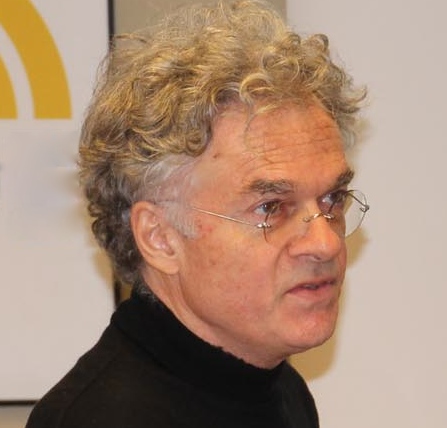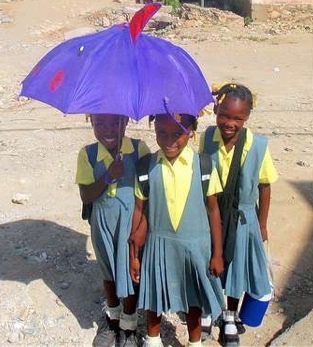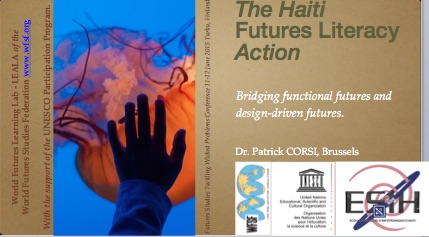The Haiti project was developed by Patrick Corsi who is a designer of innovation strategies with in-depth experience with innovation in the Caribbean. From 2000 untill 2012 he was Associate Professor ISTIA Innovation at the Institut Des Sciences et des Techniques de l’Ingénieur (ISTIA), d’Angers France. Corsi proposed an active educational activity in Haïti, among the world’s poorest countries, stricken by natural disaster with the earthquakes of 2010. This course introduced foresight/futures studies methods with approaches and materials adapted to connect into regional realities and intensive design-practice based workshops using concrete cases of local interest and value.

The workshop was held at Ecole Supérieure d’Infotronique d’Haïti in Port-au-Prince with 39 participants from different generations (40% women), representing a broad cross-cut of Haitis population, including advanced students and high-level policy-makers but with no direct hierarchical relations between the participants. It took place over 9 consecutive half-days in April 2015
The workshop addressed a clearly pre-defined and specific subject area: distance learning for university education in Haiti. All of the activities, exercises, discussions and activities were geared at formulating proposals for projects, designs and breakthroughs in this area. The design-based approach of the workshop comes from CK theory (Corsi, REF) and relies on clearly outlined phases and steps to build innovative ideas/designs/proposals for things that matter.
The intent was to gather and mobilize the total sum of available prior knowledge and collect the best possible state-of-the-art possibilities in the domain of distance learning before formulating desirable possibilities for the future.
 The learning lab was the first acquaintance ever with explicit and systematic futures work for all participants. At the outset senior participants feared futures more than younger students, or at least paid more attention to obstacles and hindrances (regulations, management, hierarchies, commissions, etc.) that they have become aware of in their professional lives. Young participants (most of them being current students) saw futures as a vast reservoir of opportunities and embarked in designing far-fetched conceptual projects with a propensity to break free from obstacles: technological, regulatory, and procedural.
The learning lab was the first acquaintance ever with explicit and systematic futures work for all participants. At the outset senior participants feared futures more than younger students, or at least paid more attention to obstacles and hindrances (regulations, management, hierarchies, commissions, etc.) that they have become aware of in their professional lives. Young participants (most of them being current students) saw futures as a vast reservoir of opportunities and embarked in designing far-fetched conceptual projects with a propensity to break free from obstacles: technological, regulatory, and procedural.
In the first phase of the activities of this learning lab, relevant background knowledge related to university distance learning was surveyed. Then traditional dominant designs in this area were identified. Further, we focussed on conceivable breakthroughs and started putting forward blueprint concepts for possible futures. Later these concepts were expanded through logical concept trees. More than a dozen second-generation concepts were formulated by four workgroups. These spanned 15 desirable properties and were aggregated into information and documentation for proposals for future projects, ready to be taken up for implementation by Haitian decision-makers from national authorities and institutions.
Outcomes & Modifications
 According to the local project coordinator the main results of this educational activity were: 19 proposals for services and products in the thematic area of distance learning, 15 proposals for disruptive designs, four blueprint concepts, four tree-diagrams, and five second generation concepts develop as well as 5 proposals for projects to be implemented beyond the Learning Lab and the set-up of an active C-K Futures Club in Port-au-Prince.
According to the local project coordinator the main results of this educational activity were: 19 proposals for services and products in the thematic area of distance learning, 15 proposals for disruptive designs, four blueprint concepts, four tree-diagrams, and five second generation concepts develop as well as 5 proposals for projects to be implemented beyond the Learning Lab and the set-up of an active C-K Futures Club in Port-au-Prince.
No major modifications to the original project proposal took place during the implementation except that the number of participants and the number of workshop days increased as the local partnership with ISEH was developed.
The Instagram hashtag #dkcpesih will reveal many more photographs of participants.
